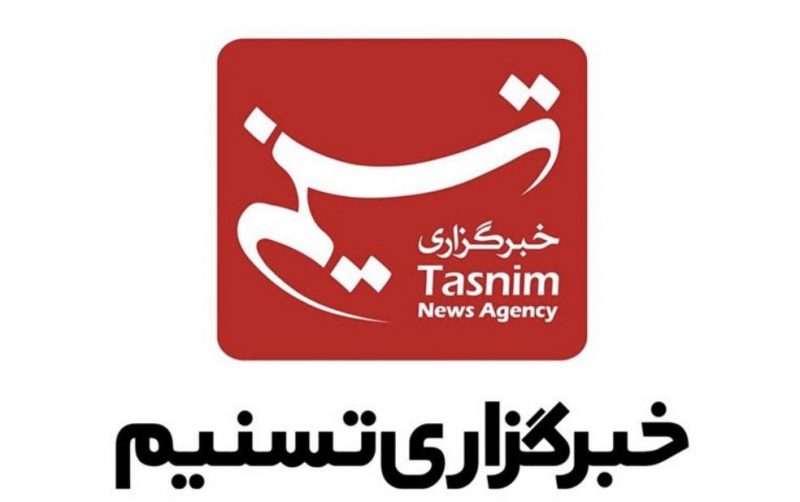The Dispute of London Media in Favor of Tehran’s Security Forces
The dispute among London media in favor of Tehran’s security forces is a natural and obvious competition. In the media industry, like other fields, there is a serious competition to attract more audience.
Essentially, each media outlet has its own fixed audience based on its base and approach, and it is always striving to outpace its competitors with diversity and quality in content production along with attractiveness in form.
Different components of a specific media outlet that compete with each other in a particular geographic market or part of a geographic market to sell their content to audiences or provide advertisers access to audiences can substitute for each other. This statement does not mean that there are no differences between the content production or the audiences they provide to advertisers.
The existing differences in production and market segmentation lead to diversity, but the substitutability capabilities of different components of a specific media outlet are greater than the substitutability capabilities of different media outlets.
For one media outlet to directly replace another, it must have a lot of similarity in form and content and strive to attract similar audiences and operate in the same geographic market. For example, in the press industry, if the content and the way advertisements are reflected are similar, a local newspaper can be replaced with another newspaper operating in the same geographic market.
Now, considering the above points, it is easy to understand that the main competition among Persian-language media outside the country is limited to two televisions: BBC Persian and Iran International. The first dispute began when the emerging International TV started attracting the rival’s presenters and reporters.
However, given the conditions inside the country regarding the limitations of relatively independent media like newspapers and critical magazines and the disastrous approach of the national broadcaster, the speed and slope of the shift in media authority towards London intensified strangely. BBC, which was the only media favored by the audience inside the country before the emergence of the new competitor, now not only saw a serious competitor beside it but also faced the migration of some of its influential staff to International TV.
But all these issues did not cause BBC to deviate from its standards and rules to retain the audience at any cost. BBC Persian, as part of the large BBC news agency, certainly follows its upper-level instructions and regulations.
However, BBC’s competitor, with fewer limitations and perhaps more budget, was more easily able to align itself with the taste of some audiences who were mostly internal opponents and protesters and, with a harsher approach towards the performance of the Islamic Republic system, even at the cost of bypassing the principle of impartiality, succeeded in gaining more audience satisfaction. Meanwhile, the emergence of a keyword increased the pressure on BBC: the keyword ‘Ayatollah BBC,’ which was created based on an old accusation regarding the effective role of BBC Radio in the victory of the 1979 Revolution. This polarization went so far that it led to a protest gathering in front of the BBC media in London, and BBC was accused of not properly covering the recent protests in Iran.

However, the leaked audio file of Rana Rahimpour, a veteran BBC presenter, who in a conversation with her family shared her personal analysis of the events and also made accusations against the rival TV, created a new controversy between these two media outlets.
To the extent that Iran International not only addressed this issue on its social media but also covered it in a news segment and even in one of its produced programs by Mojtaba Pourmohsen, unprecedentedly attacked Rana Rahimpour and BBC Persian and even implicitly accused Rahimpour of collaborating with the security agencies of the Islamic Republic.
But apart from all the disputes between the two rivals, which mostly originate from Iran International, the fundamental question is who benefits from this dispute. Naturally, any gap between media streams that have the opportunity to criticize the ruling political system of the country and reflect news and events without censorship in the open space outside the country, only benefits the internal security agencies so they can play in this gap to discredit and delegitimize these media outlets.
Similar to the actions of the Javan newspaper affiliated with the Revolutionary Guards or Tasnim, the media organ of the Guards, in deliberately reflecting Rana Rahimpour’s statements, which led Iran International to present this as evidence of Rahimpour’s alleged cooperation with the political police of the Islamic Republic. Ultimately, if this dispute has any winners, it is only the security system of the Islamic Republic that can weaken and discredit these media outlets by playing in this gap, thus reducing their effectiveness.
DMCA Protected

